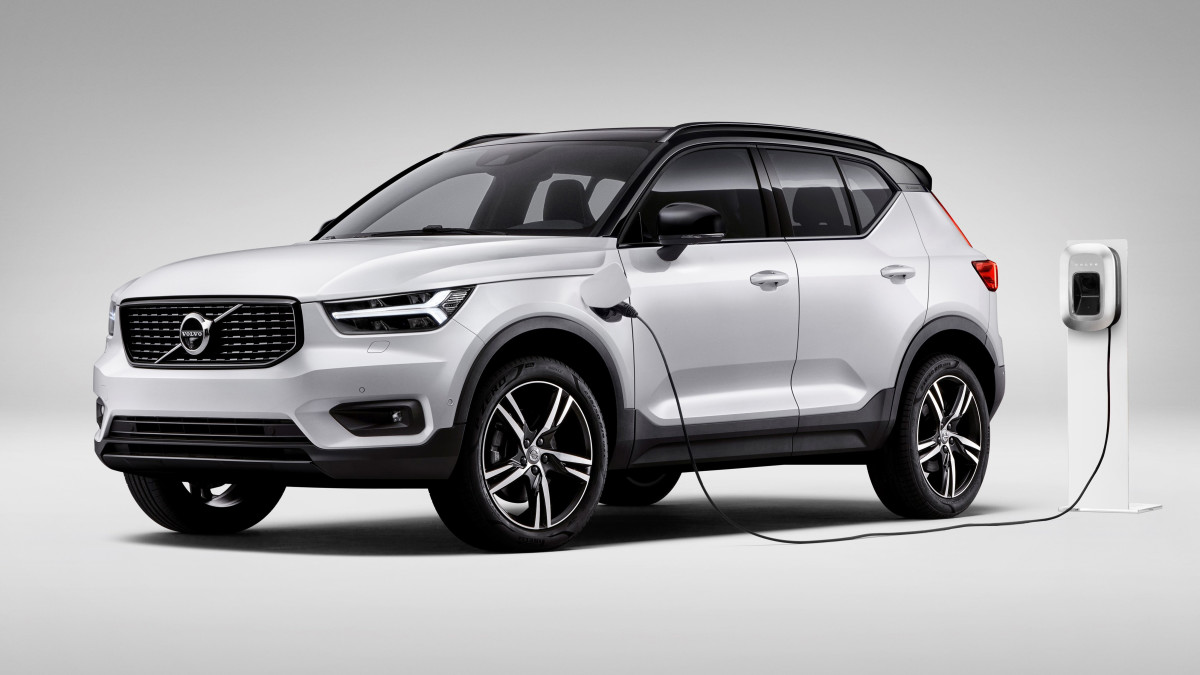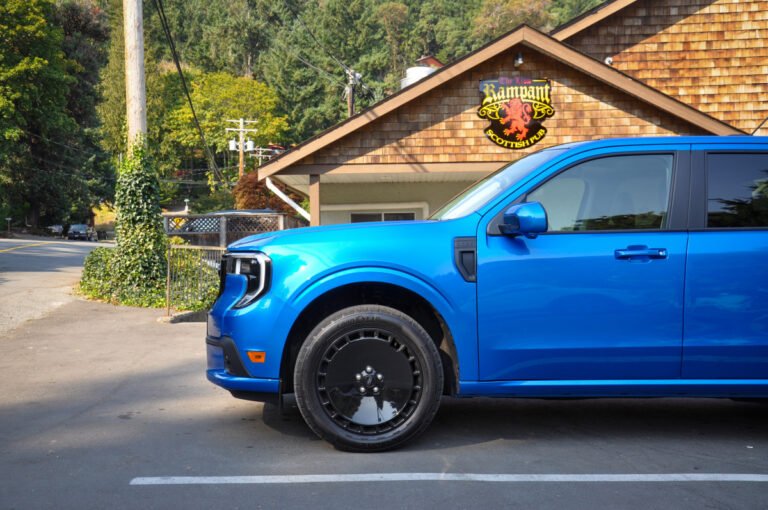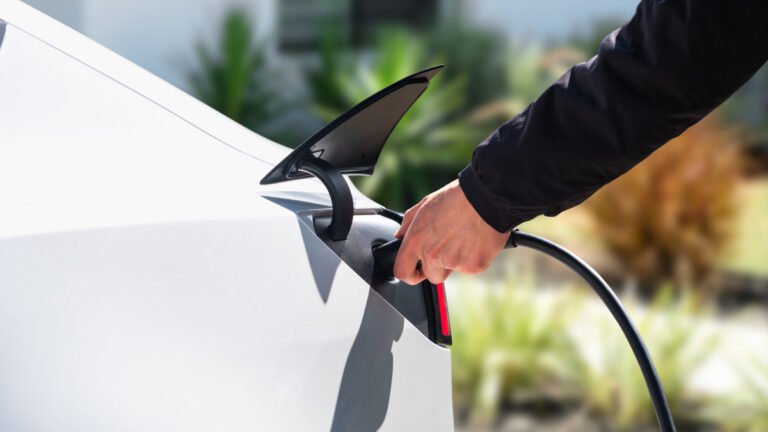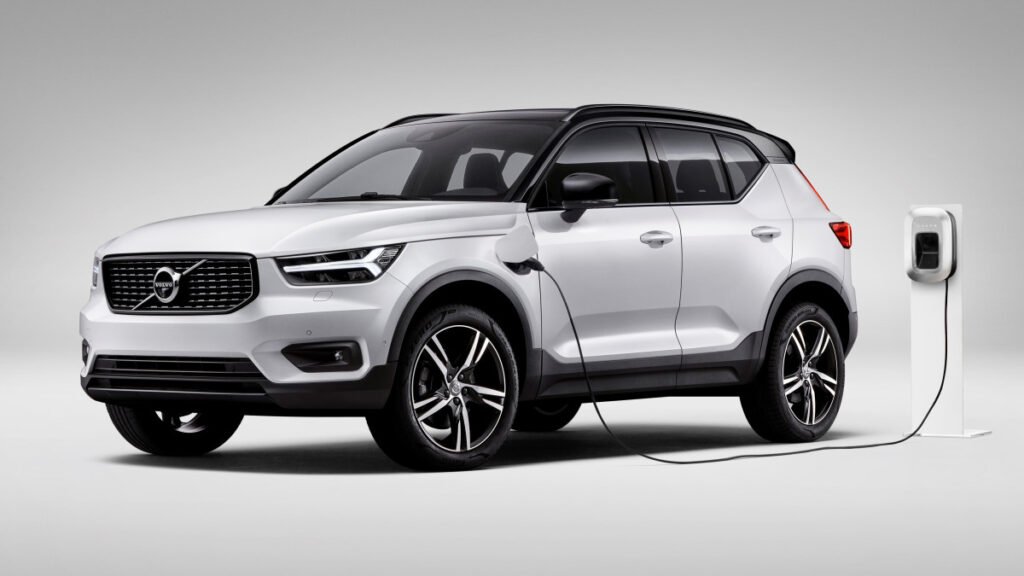
- In the first half of 2025, 23% of Volvo cars built were plug-in hybrids
- The new Volvo XC70 brings their maximum plug-in range to over 200km
- Volvo plans for all cars electrified by 2030
It is a rarity to celebrate an announcement by a major car manufacturer, unless they’re from China in recent times. Especially in a volatile world, with supply chains and job prospects more fragile than a 90’s Alfa Romeo. However from the port of Gothenburg in Sweden comes news that Volvo Cars brought the total number of plug-in hybrids (PHEV) built to one million. Regardless of your opinion on electrification, this signals Volvo’s plan is unfolding.
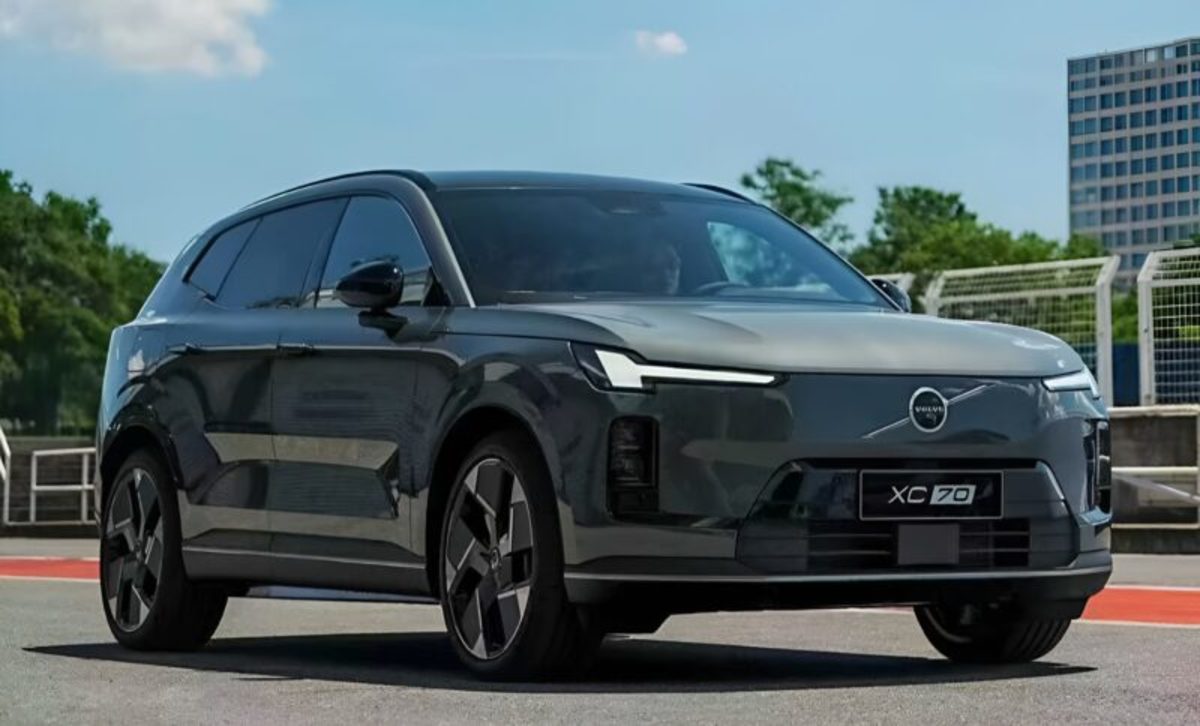
Related: Volvo Will Build New Hybrid in U.S. to Dodge Tariffs
The Journey to All Electric
Since Volvo began producing cars in 1927, if you ask people for one word that defines them, I bet on safety. When you buckle your seatbelt, you have the work of their engineer Nils Bohlin, who pioneered the three-point safety belt in 1959. 1972 brought their rear facing child seat, inspired by astronauts. If a child needs a booster cushion, you have Volvo to thank in 1978. This focus continues today, and in 2019 they announced their “Equal Vehicles for All”, where all safety research is given free to the world.
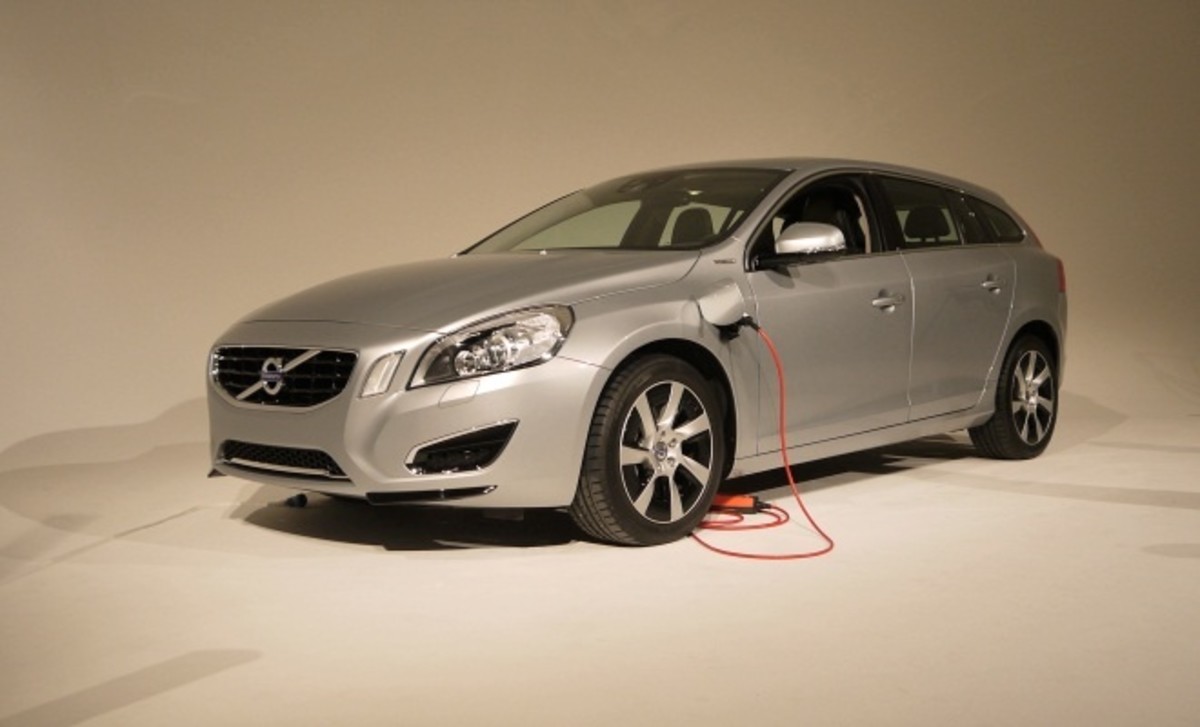
It is understandable that safety overshadows the development Volvo made with electrification. Their first PHEV was released in 2012, a diesel hybrid variant of the V60 estate. They wasted no time in providing PHEV variants for all cars, for several years they were alone globally in doing this. Ahead of the game… or seeing the sign of things to come… you take your pick. In 2024, the XC60 PHEV was the best-selling PHEV in Europe, and out of 11 models, five have PHEV and six have fully electric options. The aim… all variants to be PHEV or fully electric by 2030. Doable? I’d say strongly that if anyone can, Volvo will.
Where Does This Sit With Competitors?
Some manufacturers have electrified from their inception; their names get mentioned enough. In a world with higher taxation charges, the demand for oil, and concern of environmental impact, it’s inevitable manufacturers are forced to electrify. In the five years leading to 2024, Volvo Cars themselves saw PHEV sales grow from 46,000 to 177,000 units per year. Surely this still doesn’t compete with the all-electric brands? That view ignores the challenge legacy manufacturers have shifting from combustion to all electric. Factory alterations, allocating resources, updating safety, new suppliers, prioritising models… these and more are amplified for someone like Volvo that for most of its history only had combustion engines. Not forgetting the truck side, where it was announced this year for the first time they are Europe’s leader, with a 17.9% market share. Juggling all of these deserves admiration, signalling that in this turbulent world, Volvo have lots to celebrate.
